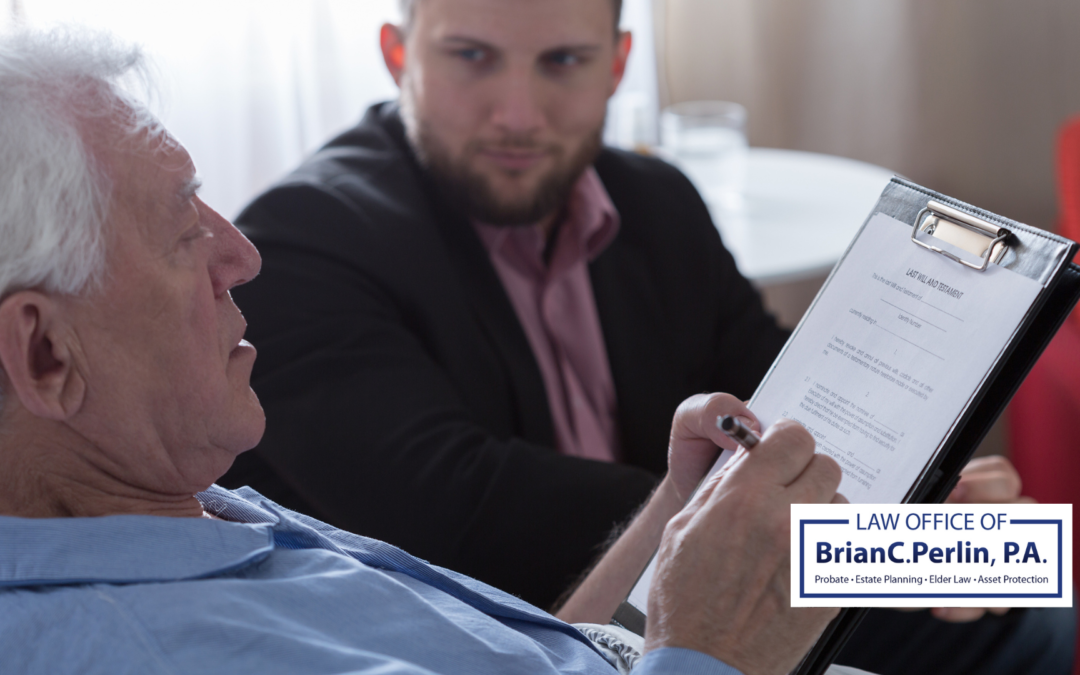Do you have a senior loved one that you keep an eye on? What would you do if you had to respond to a health care emergency involving your senior loved one? Since the beginning of COVID-19, which seriously hit senior adults, many families of seniors have had to confront this important question. Unfortunately, families soon realized they lacked the basic health care documents needed to act effectively on the behalf of their senior loved ones.
Now is the time to begin addressing key estate planning tools so that your senior relative may be protected. You should know that estate planning is more than just wills and trusts. It is also drafting legally sound health care documents, such as a health care surrogate, a living will, a health care privacy release, and more.
Whether a guard against the coronavirus, or other health considerations like dementia and Alzheimer’s Disease, we would like to discuss four mistakes to avoid when using estate planning tools to advocate for a senior loved one:
Not understanding what a living will is. A living will is not a last will and testament. It is a completely separate legal document that tells physicians and others what an elderly family member’s personal choices are concerning his or her end-of-life medical decisions.
Not knowing what the elder adult wanted. If, at the time of your elder loved one’s drafting of his or her health care wishes, he or she was unsure or unclear, even the most expertly drafted documents can be vague or lacking. To avoid this problem, make sure to have specific conversations with your older loved one about health care and make an appointment with an experienced Florida estate planning attorney to put them in writing. This can serve as the basis for constructing an accurate health care power of attorney, or updating one, and provide future guidance to more effectively advocate for him or her.
Not knowing the importance of the health care surrogate. A health care surrogate (agent) may be one of the most important health care advocates for an elderly family member. The agent is chosen by your senior loved one who is creating the documents and is considered his or her trusted advocate, if he or she is unable to speak for himself or herself. If the document was poorly constructed or not created by a Florida estate planning attorney or if the agent fails to understand his or her granted authorities, then your senior loved one runs the risk of his or her medical wishes not being honored.
The agent is not acting with due diligence. Advocating for an elder loved one involves knowing what the legal document says, communicating with the physicians and medical staff, being aware and observing closely what is happening to the senior and questioning the results, if needed. If the agent is lacking, families should not wait long before seeking advice from a Florida estate planning attorney.
At the Perlin Estate Planning & Probate our credentials enable us to provide a multi-disciplinary approach to our legal services. By building relationships with our clients, we are also able to understand each client’s needs and desires, and we support such goals through thoughtful, comprehensive planning techniques. We encourage you to contact us and schedule a meeting.
